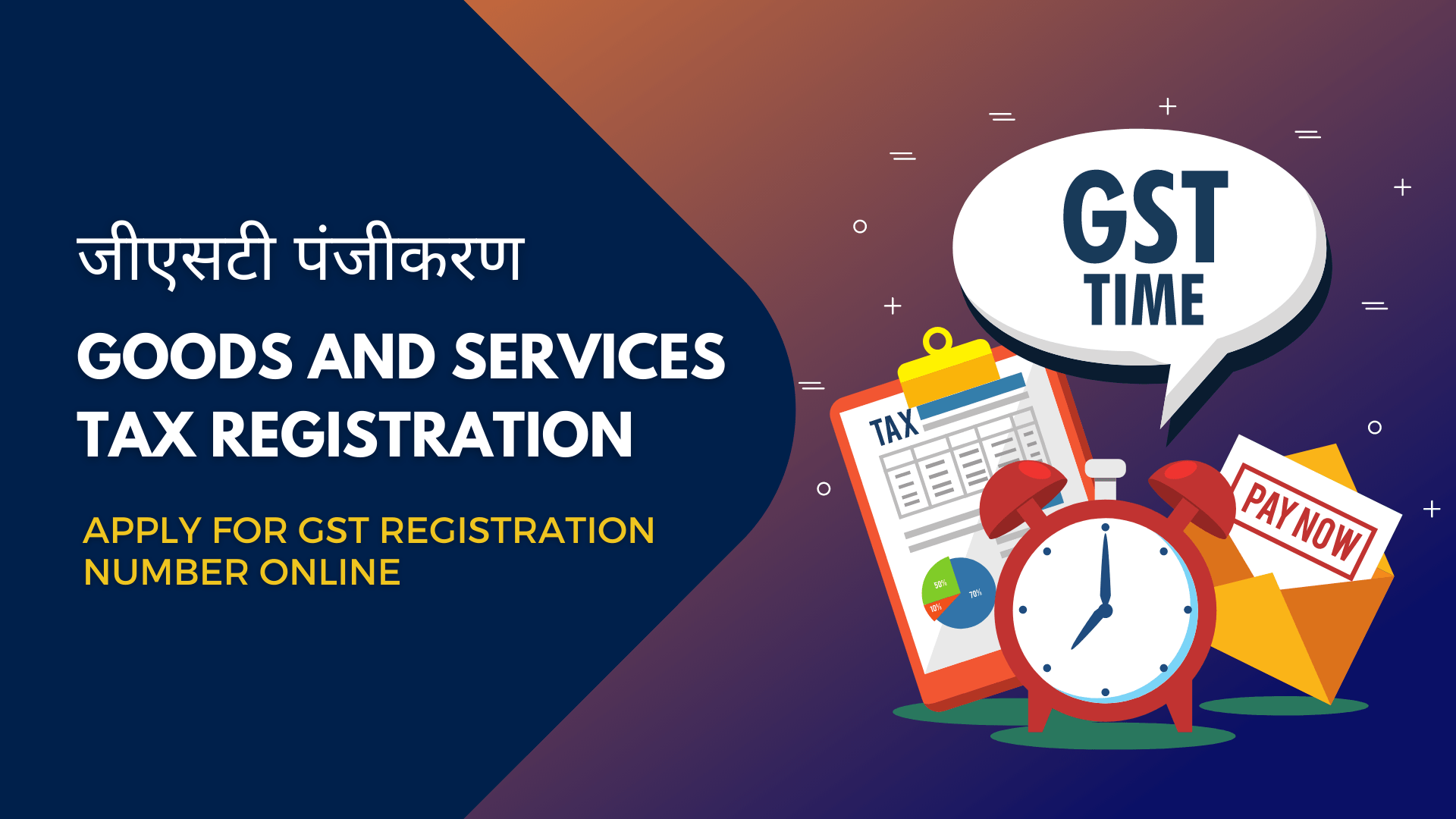Recognizing the Perks of Singapore GST Registration for SMEs
The Ultimate Guide to Simplifying the GST Enrollment Process and Needs for Small Service Owners

Understanding GST Basics
To realize the basics of the Product and Services Tax Obligation (GST) system, little company proprietors need to first recognize its underlying concepts and effects. Under the GST regimen, services are needed to register and accumulate tax on part of the federal government, ensuring openness and compliance.
Among the key concepts of GST is input tax debt, which enables businesses to declare credit rating for tax obligations paid on their acquisitions. This device prevents the plunging impact of taxes and promotes effectiveness in the tax system. In addition, GST is a destination-based tax, indicating that the tax obligation is levied at the factor of intake instead of the factor of origin. This makes certain fair distribution of tax obligation revenue among states based upon where the products or solutions are taken in. Understanding these fundamental concepts is crucial for little organization owners to navigate the intricacies of the GST system and make certain compliance with the legislation.
Qualification Standards for Registration
Having developed a foundational understanding of GST principles, local business owners should now meet particular qualification criteria to proceed with the registration process. In India, entities participated in the supply of items or solutions with a yearly accumulation turn over going beyond Rs. 40 lakhs (Rs. 10 lakhs for unique classification states) are needed to register for GST. Additionally, certain organizations such as those associated with inter-state supply of items, informal taxed persons, and those required to pay tax under the reverse cost device need to sign up for GST irrespective of their turnover. Services that were registered under the previous tax obligation routine (VAT, service tax obligation, etc) are also mandated to sign up under GST. Farming companies that only provide produce out of key production are exempt from GST enrollment. It is essential for company owner to very carefully evaluate their eligibility based upon these requirements to guarantee conformity with the legislation and avoid any type of penalties for non-compliance.
Records Required for GST Registration

Simplified Registration Refine Steps
Following the collection and confirmation of the requisite papers, the registration procedure for GST can be browsed with a series of streamlined actions developed to facilitate reliable compliance for small organization proprietors. The first action includes visiting the GST site and choosing the 'New Enrollment' choice. Subsequently, the applicant has to fill up in Part A of the GST REG-01 type with details such as frying pan, mobile number, and e-mail address to acquire an OTP for verification. As soon as the OTP is gotten and entered, a Short-lived Recommendation Number (TRN) is created for additional process. The next action needs submitting Component B of the type with necessary organization details, posting supporting papers, and finishing the confirmation procedure utilizing DSC or EVC. Upon successful confirmation, an Application Reference Number (ARN) is provided, showing the conclusion of the GST enrollment procedure. By complying with these simplified actions, tiny business owners can effectively register for GST and guarantee conformity with tax obligation laws.
Tips for Ensuring Compliance
To keep governing adherence and operational stability, thorough oversight and positive procedures are crucial in ensuring compliance with GST requirements for small business owners. Small organization owners must stay upgraded with GST regulations, filing target dates, and any changes in tax obligation rates to stay clear of penalties and keep a great standing with tax authorities. Attending GST understanding workshops or training programs can improve understanding and compliance with GST regulations, inevitably benefiting the service in the lengthy run.
Verdict
Finally, small company proprietors need to comprehend the fundamentals of GST, meet the eligibility standards, collect needed files, and follow the simplified enrollment process steps to ensure compliance. By simplifying the GST enrollment procedure and requirements, local business owners can prevent penalties and run their services smoothly within the lawful structure - Singapore GST Registration. It is important for small company owners to remain enlightened and compliant with GST you can try these out regulations to keep a successful business procedure
Small organization proprietors seeking GST enrollment should guarantee they gather and send the required documents to finish the enrollment process successfully. The files needed for GST registration commonly include evidence of company enrollment or unification, PAN (Long-term Account Number) card of the business address, entity and identity evidence of the promoters/partners/directors, photos, address evidence of the place of service, financial institution account statements or terminated cheques, and authorization types. Participating in GST awareness workshops or training programs can enhance understanding and compliance with GST policies, inevitably benefiting the company in the long run.
By streamlining the GST registration process and needs, little business proprietors can website here prevent charges and run their organizations efficiently within the lawful framework. It is vital for small company proprietors to remain enlightened and certified with GST guidelines to keep an effective business operation.